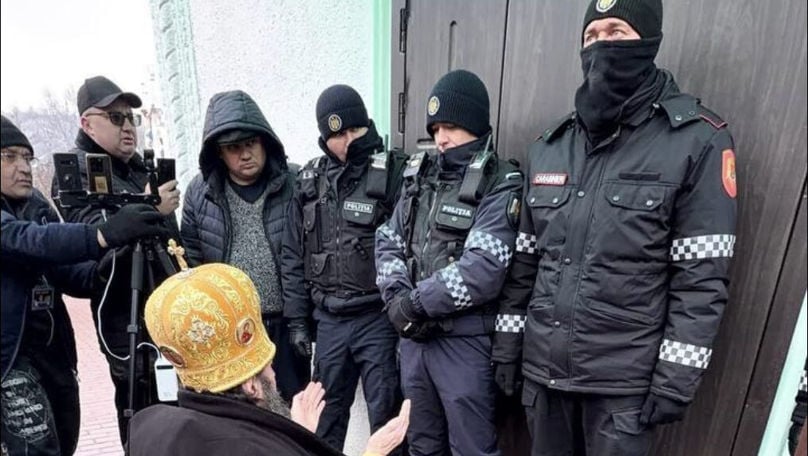Romania should take responsibilities for certain things and move from being reactive to being proactive in solving problems generated by domestic violence, Minister of Labour, Family Affairs, Social Security and the Elderly Dragos Pislaru told a specialist conference on Friday.
"We have to reflect on problems generated by domestic violence. I believe that above all we have to honour our international obligations, we have to understand that the outcomes of the Istanbul Convention, and the implementation of the things discussed should not be felt as a pressure that makes us fall in line with international rules. It should be a space where Romania can contribute toward the global agenda. Together with our colleagues in the Government and any other partner organisation in Romania we would like us to no longer be reactive to the global agenda, and instead to move on to becoming proactive, given that Romania was one of the key countries having backed the agenda globally. The change in paradigm we are talking about is that our external agenda is not some imposed agenda, but a constructive one. Romania should take responsibility for certain things and move on from a reactive stage," said Pislaru.
He added that Romania follows three planes when addressing domestic violence.
"The three planes envisaged by us are societal, individual and institutional. The first starts with the values of the Romanian people, the way in which the society looks upon domestic violence and understands to react to domestic violence. Let us remember that more than 328 women in Romania have been killed by domestic violence, by being battered by their life partners, over the past two years. The individual plane is the way in which society reacts to witnessing domestic violence. We have decided to put up for public discussion two programmes to cover this aspect that entail establishing centres for victims and centres for perpetrators. The people who reach such conflict should be helped. We have to see what has generated the violence. The restriction order should also be understood as more than just a protection order, as is the case now. Organisationally speaking, we are starting getting in line with developed counties," said Pislaru.
The Council of Europe's Convention on preventing and combating violence against women and domestic violence (known as the Istanbul Convention) was ratified by Romania's Parliament under Law 30/2016 and came into effect on September 1, 2106.
Romania's National Agency for Equality between Men and Women says the aim of the convention is to protect women against all forms of violence as well as prevent, criminalise and eliminate violence against women and domestic violence, eliminate all forms of discrimination against women, while advancing gender equality. The translation of the convention to Romania's national legislation is said to be one of the main objectives of the National Agency for Equality between Men and Women. The legislative package the necessary changes are a part of is at an advanced stage of the legislative process before the last procedural steps before being submitted to Parliament for adoption.
The Istanbul Convention is the first international treaty that provides a definition of gender, acknowledging that men and women are not just biologically different, but there is also a category of gender socially defined that imparts them specific roles and behaviours. Under the convention, domestic violence and particularly violence against women, is a violation of human rights and an instance of negative discrimination.
The document provides for criminal and/or legal penalties for acts of physical or psychological violence, persistent psychological molestation that violates intimacy, as well as for forced marriage, female genital mutilation, sexual violence (rape included), sexual harassment, forced abortion and forced sterilisation. In addition, aiding or abetting the commission of the offences mentioned above, when committed intentionally, will also be established as an offence. In criminal proceedings initiated following the commission of any of the acts of violence covered by the scope of the convention, culture, custom, religion, tradition or so-called 'honour' shall not be regarded as justification for such acts. This covers, in particular, claims that the victim has transgressed cultural, religious, social or traditional norms or customs of appropriate behaviour.
The parties will take the necessary legislative or other measures to develop gender-sensitive reception procedures and support services for asylum-seekers as well as gender guidelines and gender-sensitive asylum procedures, including refugee status determination and application for international protection.
































Comentează